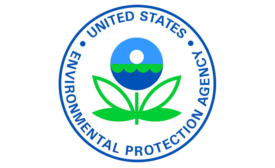Home » EPA regulations
Articles Tagged with ''EPA regulations''
EPA proposes stronger standards for high-risk pesticide application
Wants improved training, minimum age requirements for certified applicators
August 6, 2015
EPA wants health & safety info on nanomaterials
For the first time the agency will use TSCA authority to collect data on nanoscale chemicals already in use
March 27, 2015
Never miss the latest news and trends driving the safety industry
eNewsletter | Website | eMagazine
JOIN TODAYCopyright ©2024. All Rights Reserved BNP Media.
Design, CMS, Hosting & Web Development :: ePublishing






